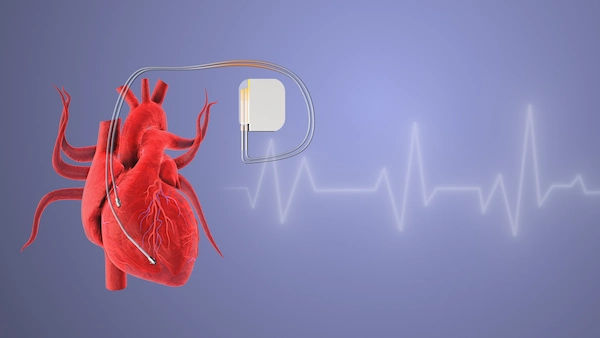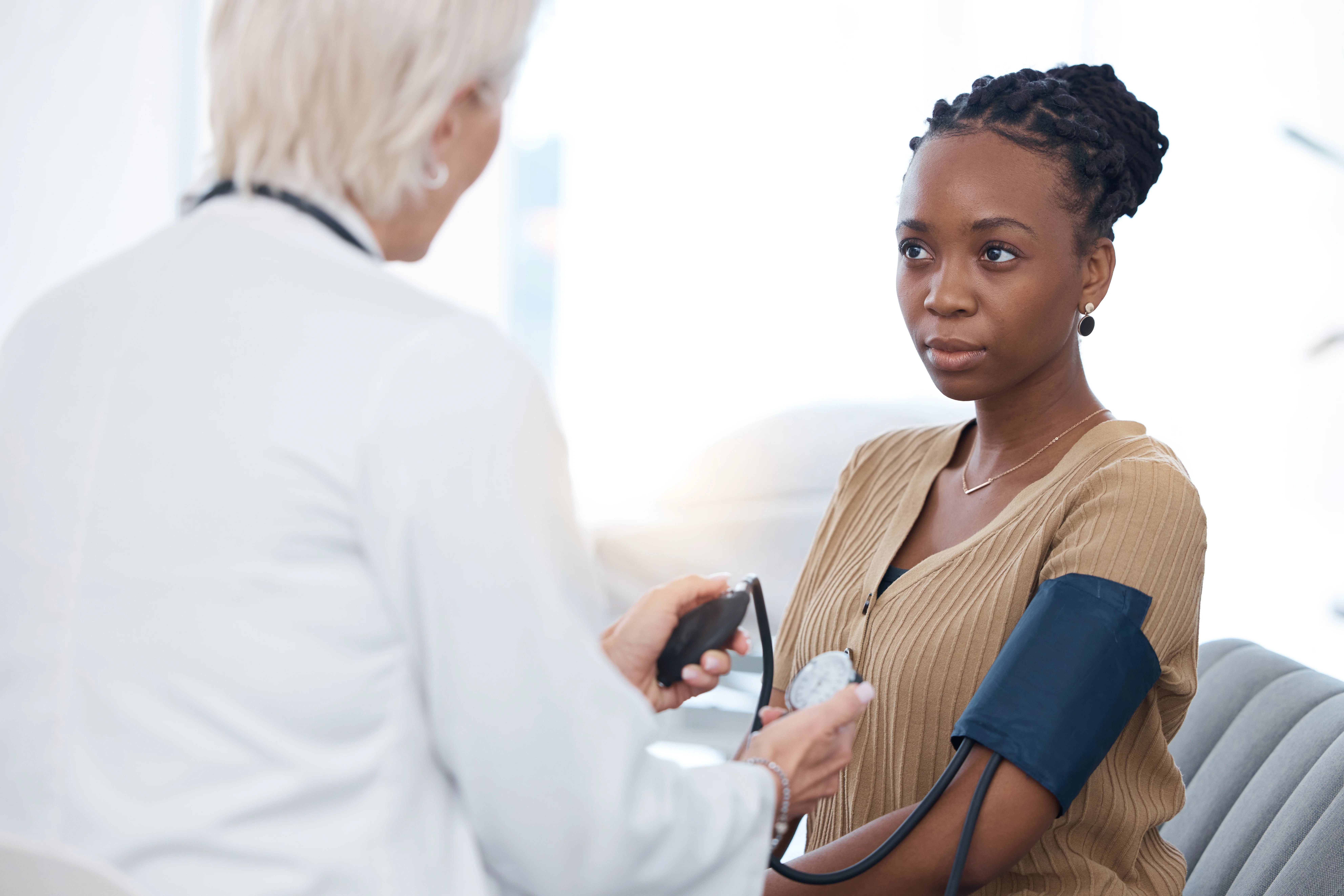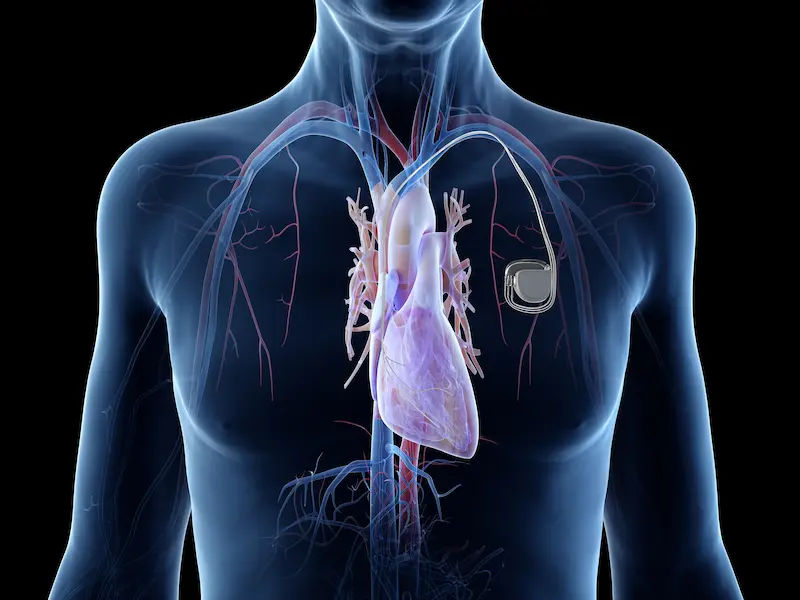- Male
- 29 Years
- 22/01/2025
I'm a bit concerned as my recent blood test showed a triglyceride level of 143. I'm wondering if that's considered high and if I should be worried about it. Do you think I need to take medicine for this, or are there lifestyle changes that could help lower my levels?
Answered by 1 Apollo Doctors
Triglyceride level of 143 is within the normal range. To help reduce triglyceride levels, you can make lifestyle changes such as following a healthy diet low in saturated fats and sugars, exercising regularly, maintaining a healthy weight, and avoiding excessive alcohol consumption. You can also consider adding Omega-3 fatty acids supplements to your diet. No medication is required at this level.
Dr. Anshul Suggests...
Consult a Cardiologist
Answered 04/07/2025
0
0

More Cardiology Health Queries
View allI'm really worried because last year I had strong issues with acidity, anxiety, and headaches. I even got an ECG in June 2018, and everything was normal back then. But since January 2019, I've been experiencing these sudden strong heartbeats that feel like a thump in my chest, even when Im just walking around. It's really upsetting and makes me anxious for days, thinking about why it's happening. Lately, I cant sleep at night and sometimes feel really empty and lacking enthusiasm. I saw a cardiologist who prescribed me Inderal, but Im just trying to understand what could be causing all this. Any idea what's going on with me?
Inderal can help control your physical symptoms, and addressing underlying anxiety through therapy, relaxation techniques, and lifestyle changes should improve your overall well-being. If youre feeling stuck, consider discussing these issues further with your doctor or a mental health professional.
Answered by 1 Apollo Doctors
I'm really concerned because my last BP reading was 160100, and I can't seem to book a doctor's appointment soon. Can anyone suggest what I should do next or if there's any medication I could consider in the meantime? Any advice would be really appreciated.
you can start taking Amlodipine (brand name: Norvasc) 5mg once daily. Additionally, you can also consider adding Hydrochlorothiazide (brand name: Microzide) 12.5mg once daily. It is important to monitor your blood pressure regularly and make lifestyle changes such as reducing salt intake, exercising regularly, and maintaining a healthy weight.
Answered by 1 Apollo Doctors
I'm experiencing a mild pain on the left side of my chest, and I'm not really sure what's going on. Could you recommend a medicine that might help? If it doesn't get better, I'm thinking of coming in for a check-up and more treatment. What do you suggest?
I recommend taking Acetaminophen 500mg for your mild chest pain on the left side. You can take 1-2 tablets every 4-6 hours as needed for pain relief. If the pain persists or worsens, it is advisable to seek further medical evaluation.
Answered by 1 Apollo Doctors
Disclaimer: Answers on Apollo 247 are not intended to replace your doctor advice. Always seek help of a professional doctor in case of an medical emergency or ailment.





